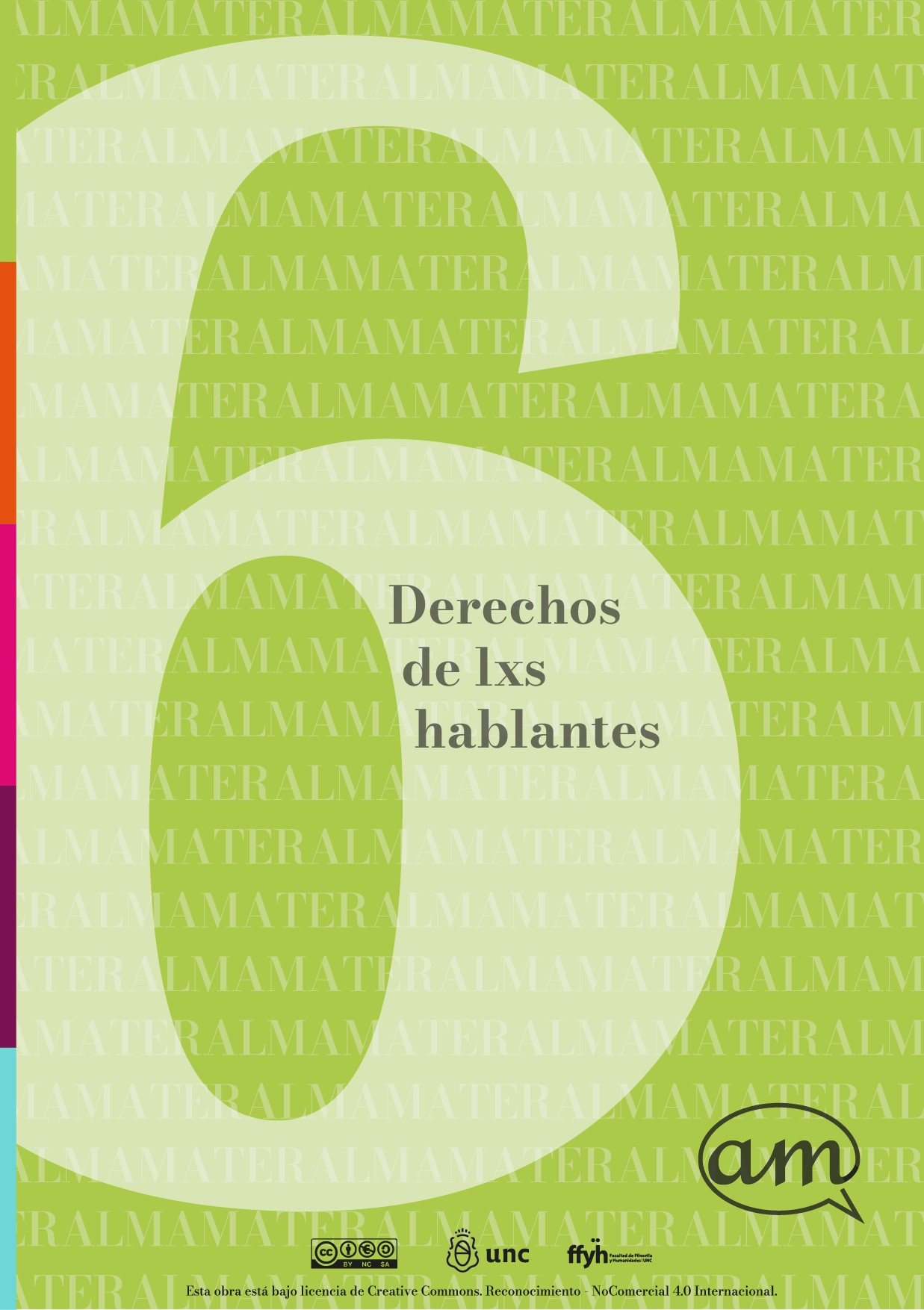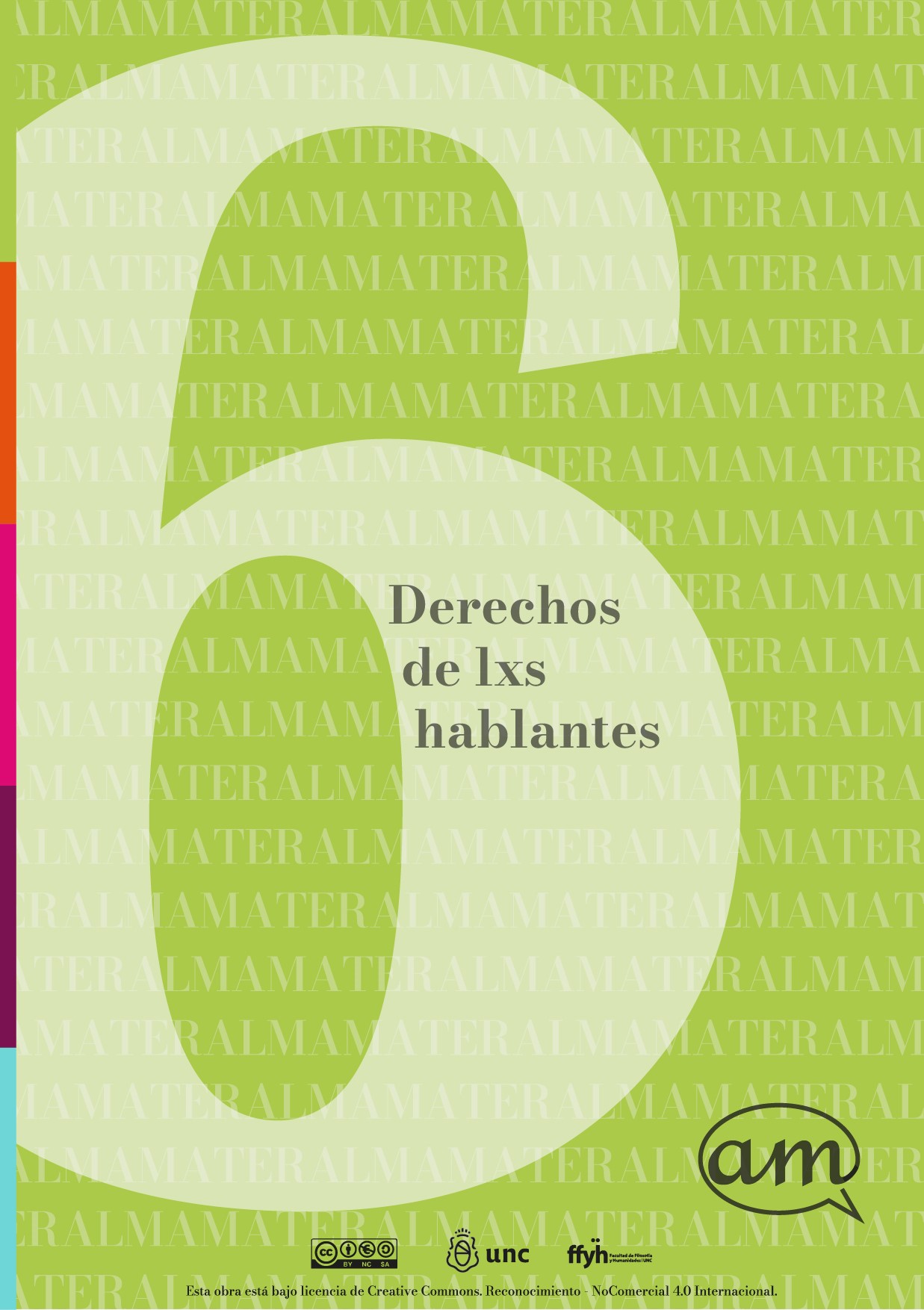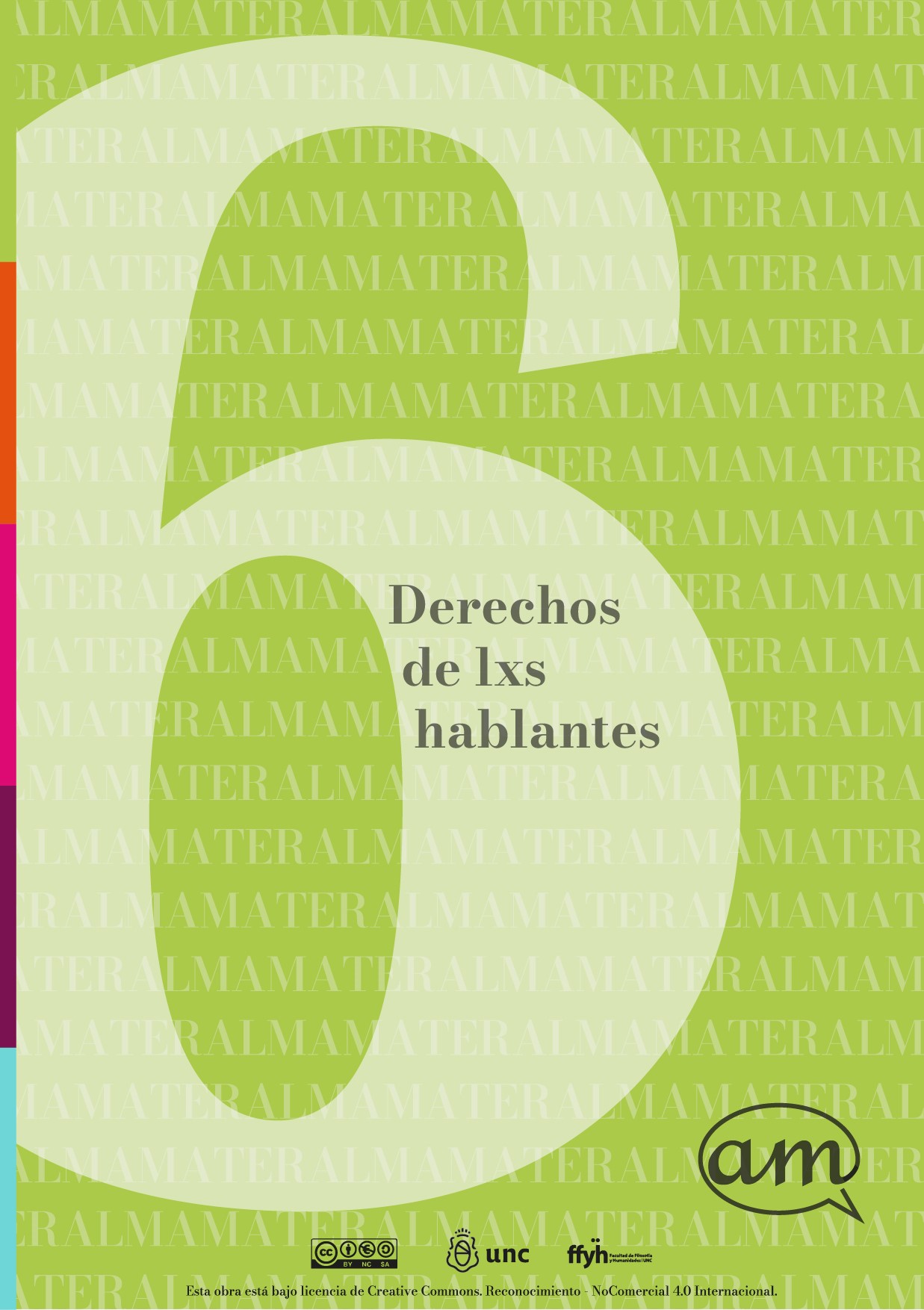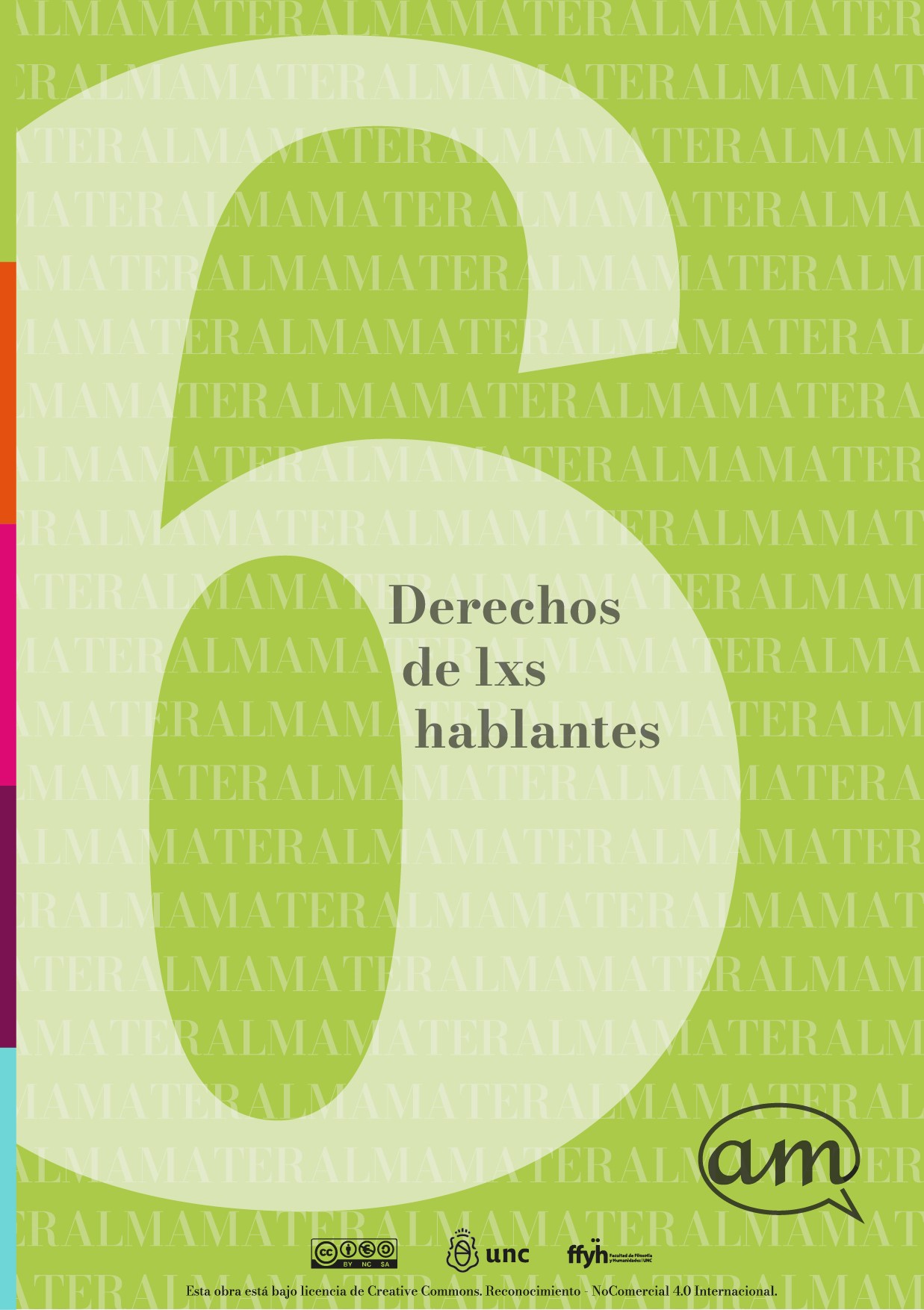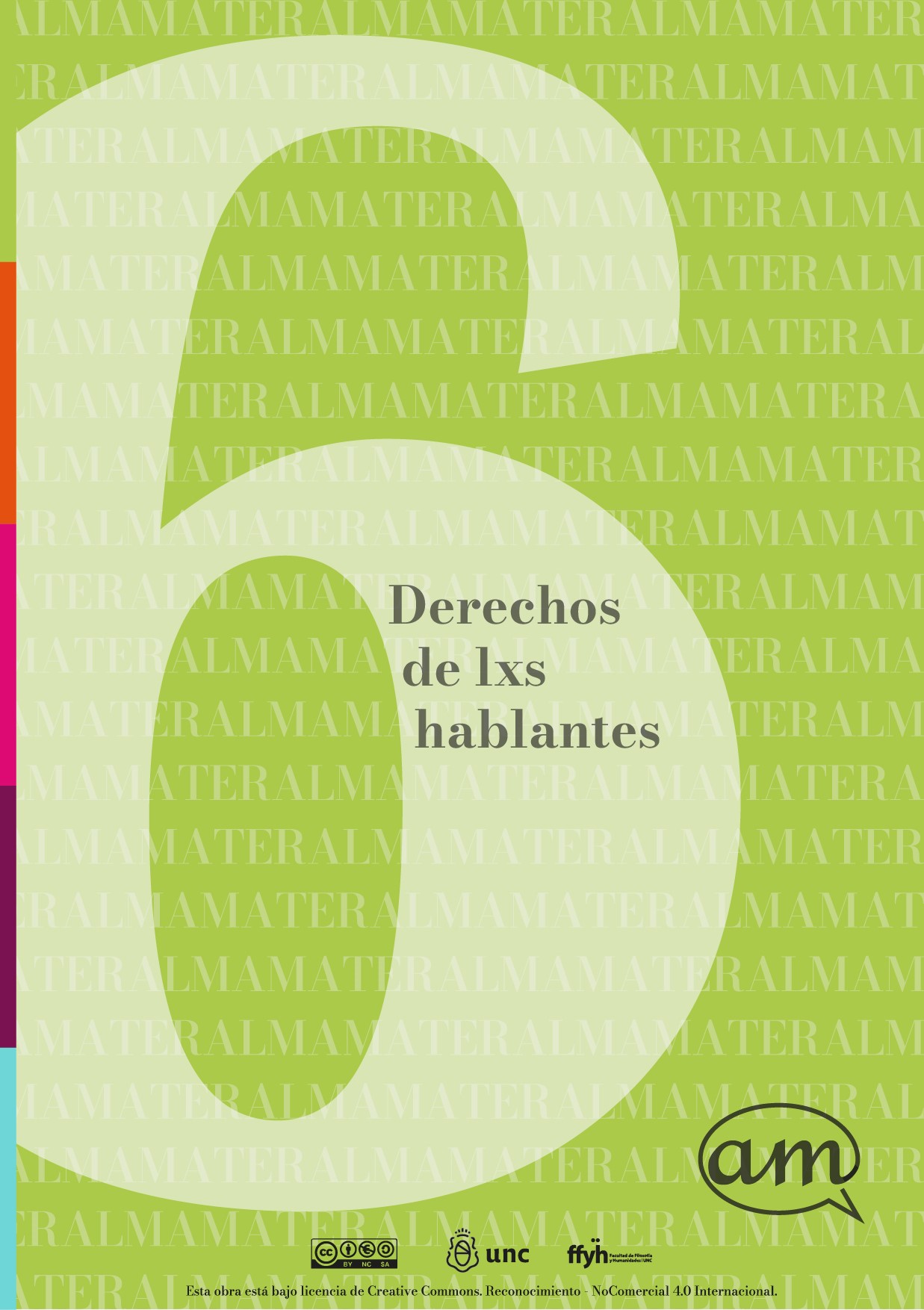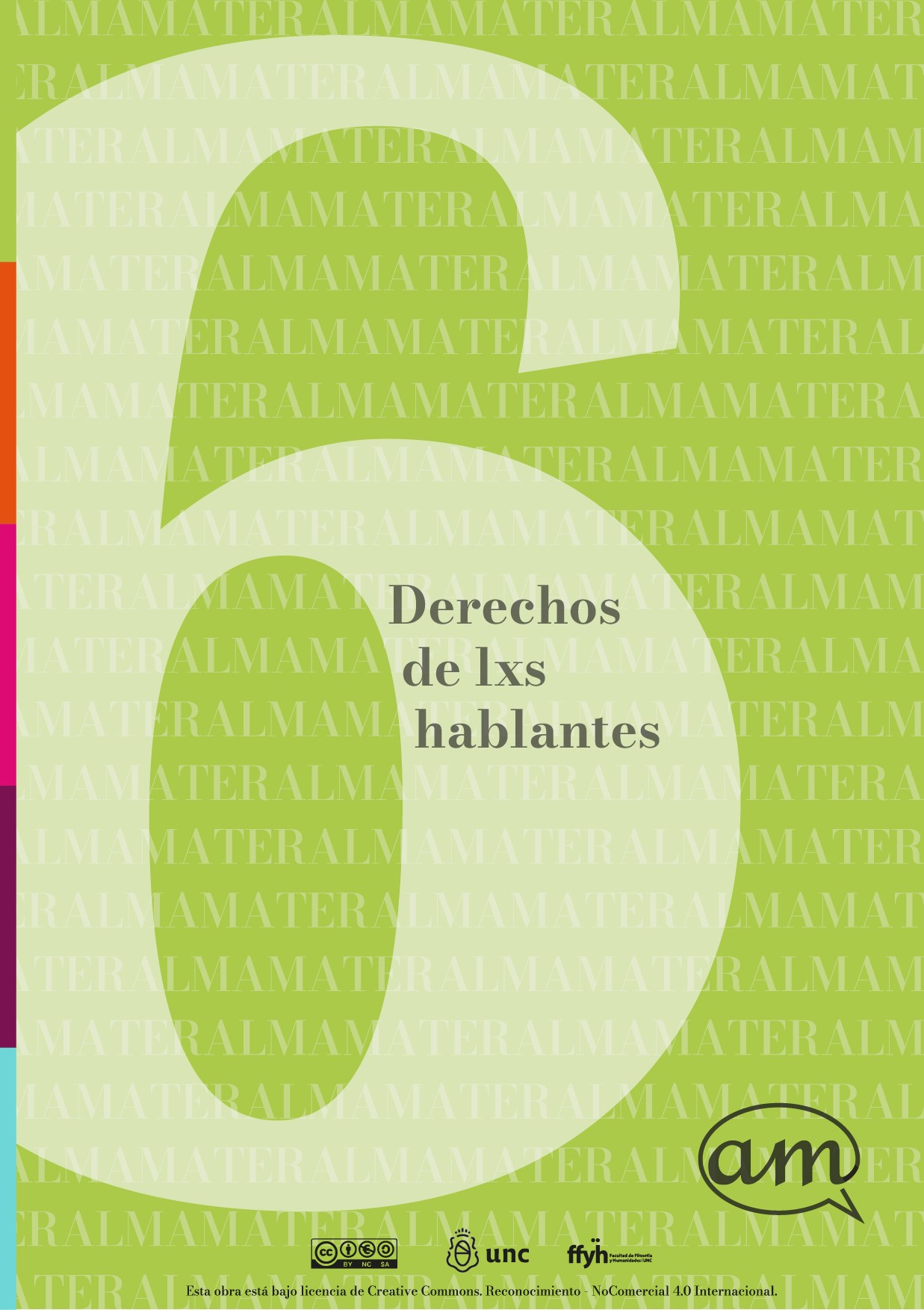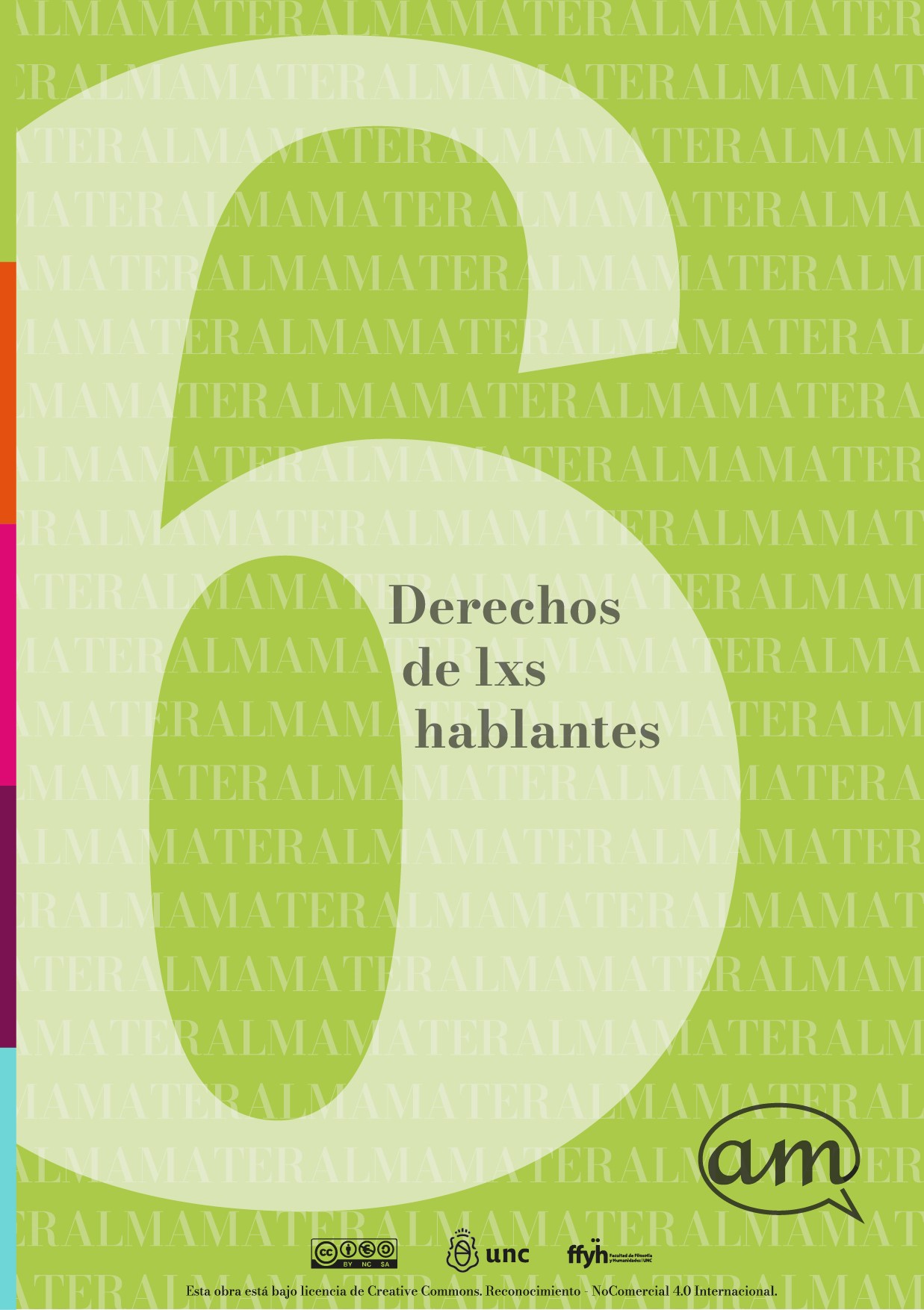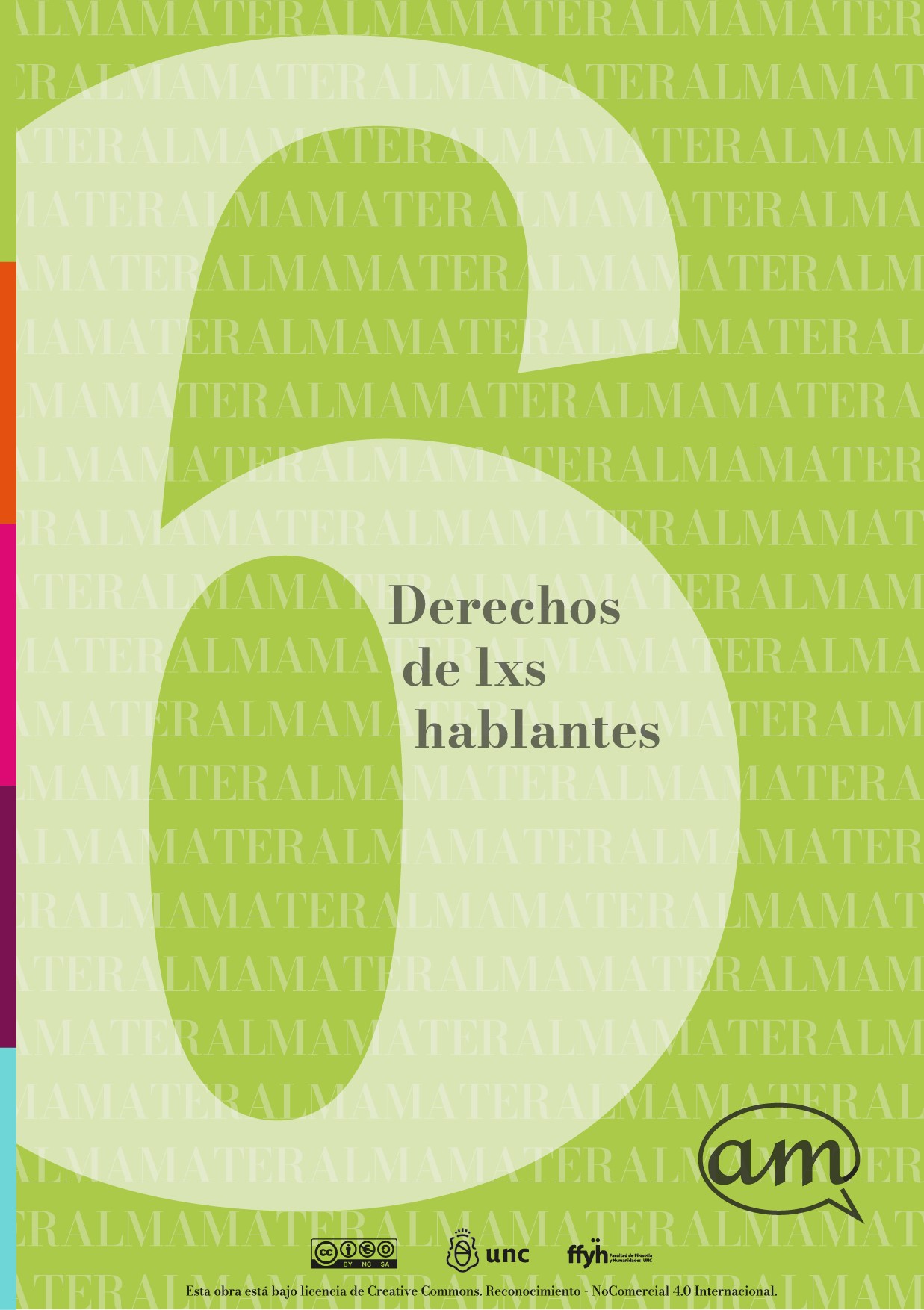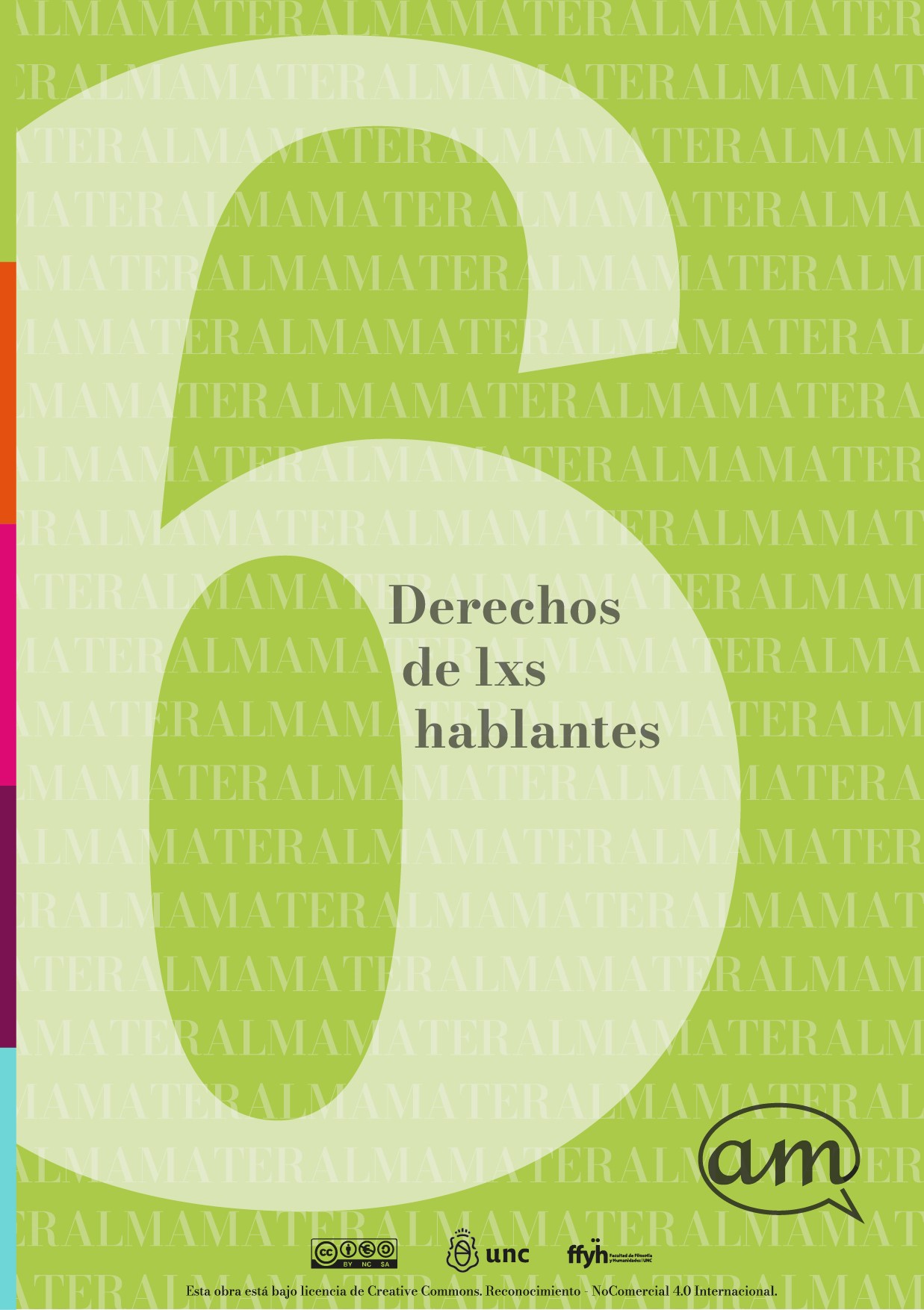No. 6 (2024): Speakers rights
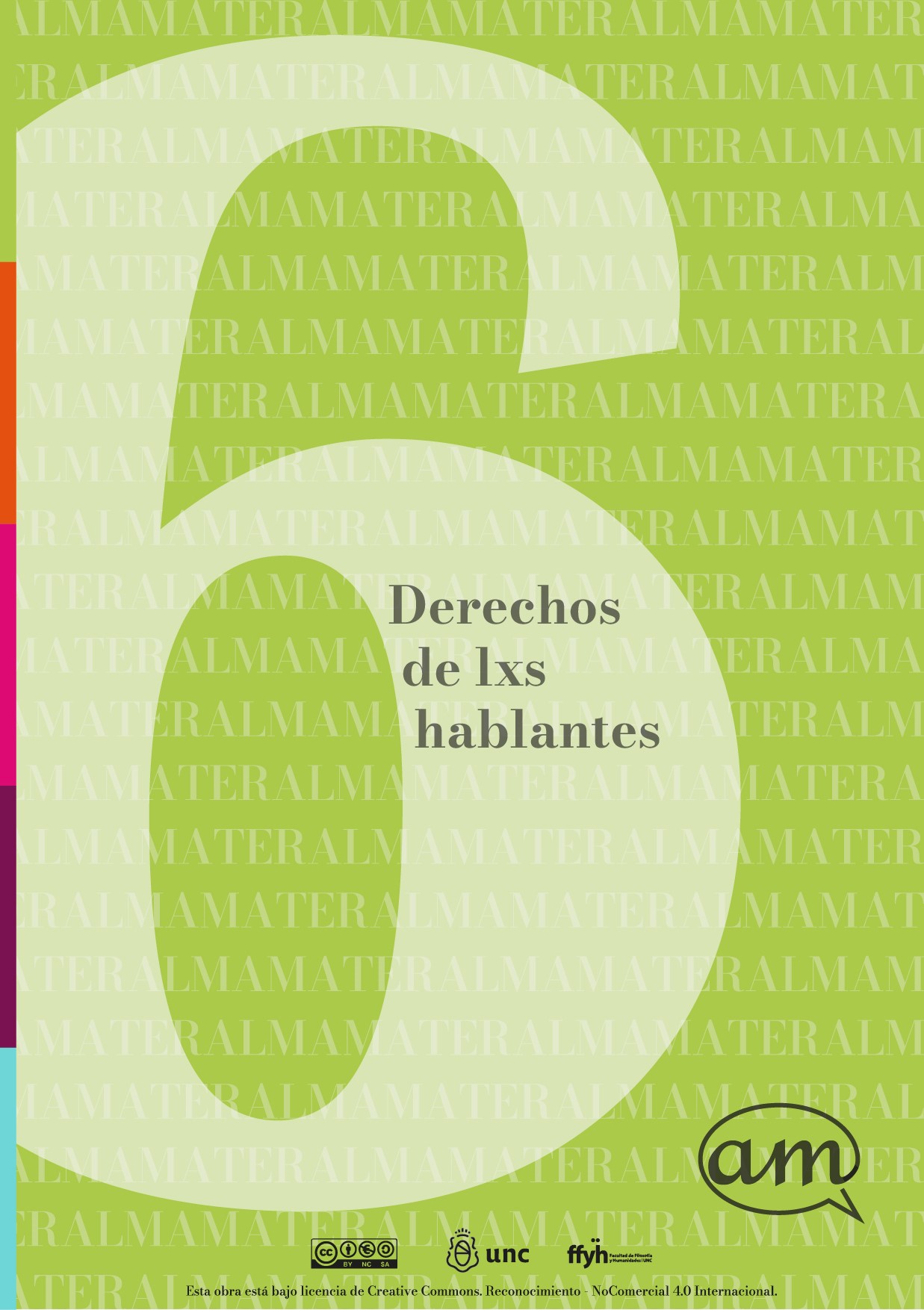
Given the context in which we find ourselves, in which declarations that violate our rights are commonplace, we are challenged by our discipline. As language researchers, we consider it relevant to bring up the discussion on linguistic rights as human rights and a fundamental part of people's identity, dignity and quality of life. The 1991 UNESCO declaration of linguistic rights recognizes that they are both individual and collective and, furthermore, defines a linguistic community as any group of people that “identifies itself as a people and has developed a common language as a means of natural communication and cultural cohesion among its members” (p. 23).
However, despite what this document states, it is undeniable that not all linguistic communities enjoy, in practice, the same rights. On a daily basis, we encounter problems such as the invisibilization of indigenous languages whose communities struggle for literacy and institutionalization in their languages, difficulties in legal regulations that should provide guarantees to citizens in the public sphere, the proliferation of discrimination and negative stereotypes of marginal languages and varieties in educational contexts, the legitimization of the teaching of European foreign languages to the detriment of other less valued languages, among others.
With this in mind, this new call also opens within the framework of the III International Meeting on Linguistic Rights as Human Rights: Insurgent Conversations. This space emerged at first as a response to the Congress of the Spanish Language in 2019, as a protest and denunciation of the actions that then violated the rights of speakers in favor of a prescriptivist monolingualism. In contrast, the Meeting proposes to restore the relevance of speakers and to conceive language as “a stratified territory in which rights, identities, genders, pedagogies and public policies are formed, shaped and can move, in short, ways of living the lives of bodies and communities” (Circular of the III International Meeting on Linguistic Rights as Human Rights: Ins/urgent Conversations).

